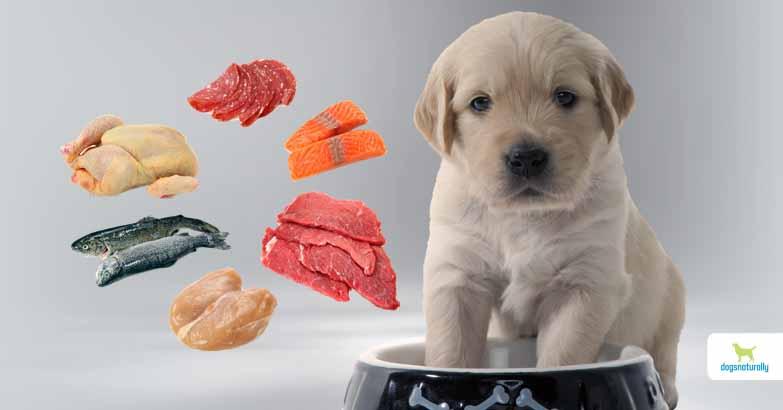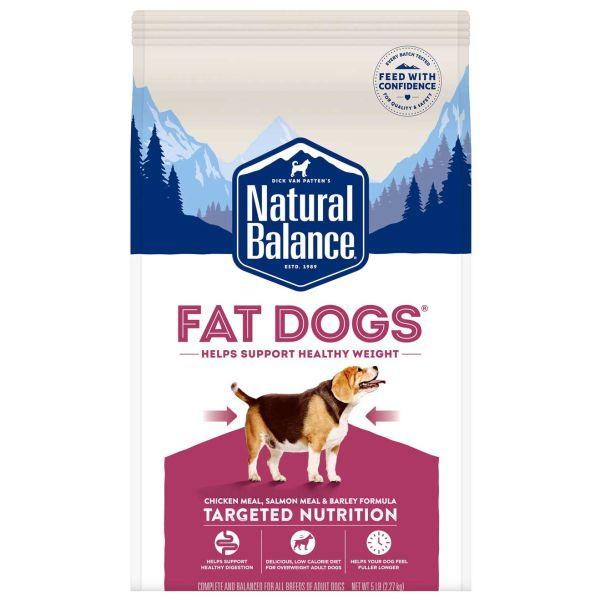Welcoming a furry friend into your life brings immense joy and companionship, but it also comes with the responsibility of ensuring their well-being. One of the most crucial aspects of caring for your adult dog is providing a balanced diet that meets their nutritional needs. Just like humans, dogs require a variety of nutrients to thrive, from proteins and fats to vitamins and minerals. Crafting a well-rounded diet can seem daunting, but with a little guidance and understanding, you can easily create a meal plan that supports your dog’s health and vitality. In this article, we’ll explore the essential components of a balanced diet for adult dogs, offering practical tips and insights to help you make informed choices for your beloved pet. Whether you’re a first-time dog owner or a seasoned pet parent, these guidelines will empower you to nourish your dog with love and care.
Choosing the Right Proteins for Your Furry Friend
Ensuring your dog receives the right proteins is a vital part of crafting a balanced diet. Proteins are essential for maintaining healthy muscles, skin, and coat. When selecting proteins, it’s important to consider the specific needs of your dog. Lean meats like chicken, turkey, and fish are excellent choices as they provide high-quality proteins without excess fat. Eggs are another superb option, packed with amino acids and easy to digest. For those looking to add variety, consider lamb or beef, which are rich in essential nutrients.
- Chicken – A lean source of protein, easy on the stomach.
- Fish – Provides omega-3 fatty acids, promoting a shiny coat.
- Eggs – Nutrient-dense and highly digestible.
- Lamb – Rich in vitamins and minerals, great for sensitive stomachs.
When selecting protein sources, always ensure they are free from additives and preservatives. Opt for whole, natural options wherever possible, and consult with your veterinarian to tailor the protein sources to your dog’s unique health requirements.

Incorporating Healthy Fats for Energy and Shine
Healthy fats are a crucial component in your dog’s diet, offering more than just a source of energy. They play a vital role in maintaining a glossy coat and supporting brain health. When choosing fats for your furry friend, focus on omega-3 and omega-6 fatty acids, which are found in a variety of natural sources. Consider incorporating the following into your dog’s meals:
- Fish Oil: Rich in omega-3 fatty acids, fish oil can help reduce inflammation and promote a shiny coat.
- Flaxseed Oil: A plant-based option, flaxseed oil provides a good balance of omega-3 and omega-6 fatty acids.
- Chicken Fat: An excellent source of omega-6 fatty acids, chicken fat can enhance the flavor of your dog’s food while contributing to a healthy coat.
- Coconut Oil: Known for its medium-chain triglycerides, coconut oil can support energy levels and improve skin health.
When introducing these fats, start with small amounts to monitor your dog’s tolerance and adjust as necessary. Always consult with a veterinarian to ensure that the fats fit well within your dog’s overall dietary needs. By thoughtfully incorporating these healthy fats, you’ll contribute to your dog’s vibrant energy and luminous appearance.
Selecting Carbohydrates That Support Digestion
When it comes to nurturing your furry friend’s digestive health, selecting the right carbohydrates can make a world of difference. Carbohydrates are not just a source of energy; they play a crucial role in maintaining a healthy gut. Opt for whole grains like brown rice and oats, which are rich in fiber and help regulate bowel movements. These grains provide slow-releasing energy, ensuring your dog stays active throughout the day without sudden spikes in blood sugar levels.
- Sweet Potatoes: Packed with fiber and essential vitamins, sweet potatoes are a delicious and nutritious option for your dog’s diet.
- Pumpkin: Known for its soothing properties, pumpkin can help alleviate digestive issues and is a great source of soluble fiber.
- Quinoa: A protein-rich grain, quinoa is easy to digest and offers a balanced amino acid profile, making it an excellent addition to your dog’s meals.
Incorporating these carbohydrates into your dog’s diet can support their digestion while also providing a range of nutrients essential for overall health. Remember, moderation is key, and it’s always best to introduce new foods gradually.
Ensuring Vitamins and Minerals for Overall Well-being
To keep your furry companion thriving, it’s essential to incorporate the right balance of vitamins and minerals into their diet. Just like humans, dogs require a variety of nutrients to maintain optimal health and vitality. Ensuring your dog’s diet includes these crucial elements can help bolster their immune system, support bone health, and promote a shiny coat. Consider adding the following nutrient-rich foods to your dog’s meals:
- Leafy Greens: Spinach, kale, and broccoli are packed with vitamins A, C, and K, which are important for vision, immune function, and bone health.
- Carrots: These are an excellent source of beta-carotene, which is converted into vitamin A, crucial for maintaining healthy skin and vision.
- Blueberries: A powerful antioxidant source, blueberries provide vitamin C and fiber, supporting your dog’s overall health.
- Sweet Potatoes: Rich in dietary fiber, vitamins B6 and C, sweet potatoes can aid in digestion and boost your dog’s immune system.
- Fish: Salmon and sardines are high in omega-3 fatty acids, promoting a healthy coat and supporting brain and joint health.
When crafting your dog’s diet, ensure that it is both diverse and balanced. Consulting with your veterinarian can help tailor these suggestions to meet your dog’s specific needs, ensuring they receive all the necessary nutrients for a happy, healthy life.

